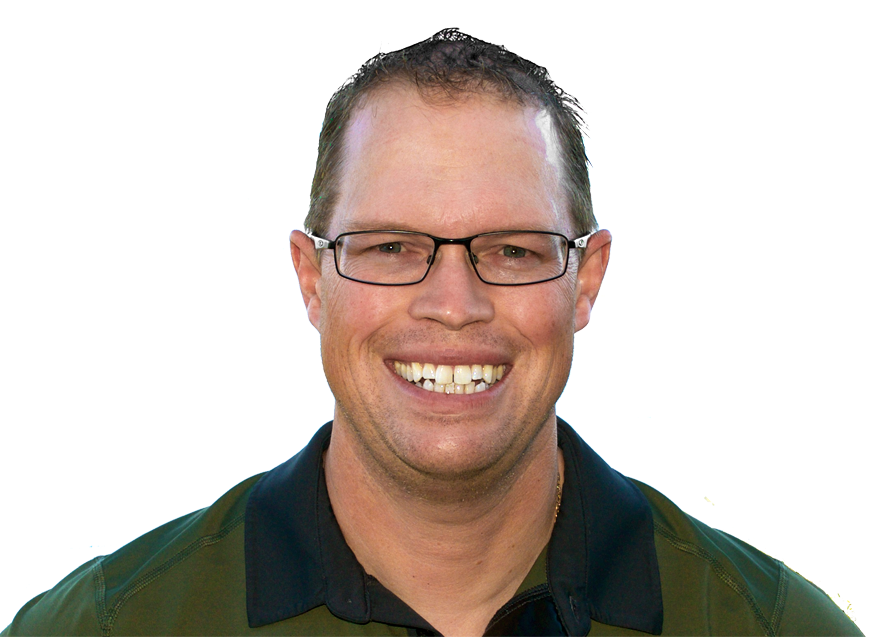Guest Post: Pharmacist-Performed Physical Assessment
The following guest post was provided by clinical pharmacist Dr. Sean Spina.
The vision of pharmacists performing physical assessments while monitoring patients for efficacy and toxicity of medication therapy has been a lofty goal for our profession for almost 40 years. In 1977, Donald E Francke, who is widely recognized as one of the most influential figures in pharmacy practice, described a vision for pharmacy where pharmacist-performed physical assessment would be a core function in the delivery of clinical pharmacy practice. As medication management experts on the interdisciplinary care team, it is becoming apparent that pharmacists must be able to perform basic physical assessments and understand the various techniques used by other health care providers as part of their assessment while caring for patients.
Pharmacists trained in North American pharmacy schools learn to develop a solid, thoughtfully comprehensive monitoring plan for their patients’ medication therapy. This monitoring plan usually requires an assessment of physical parameters to ensure that patients are responding to medication therapy while not experiencing side effects. Despite having this thoughtful plan, pharmacists often still require nurses and physicians to physically assess patients to ensure that they are achieving anticipated responses to medication therapy. The profession of pharmacy in British Columbia continues to mature in the 21st century as pharmacists take on more responsibility and accountability for medication management. As the College of Pharmacists of BC continues to explore a Certified Pharmacists Prescriber Program, it is now more important than ever that pharmacists perform physical assessment for the purposes of monitoring drug therapy.
In 2015, the Canadian Society of Hospital Pharmacists – BC Branch organized a combined lecture and hands-on workshop series designed to provide pharmacists with the knowledge, skills and abilities necessary for drug therapy monitoring. “There is clearly a desire amongst BC pharmacists to receive this formal training as each program was sold out within 72 hours,” says Dr. Marianna Leung, CSHP-BC Past President who spearheaded the development of this “first in Canada” pharmacist physical assessment training program.
To date, 59 pharmacists have successfully completed the course (with another 40 starting in May 2016). Pharmacists from across BC have been able to participate thanks to the generous support of the College of Pharmacists of BC. “The generous support of the College has enabled pharmacists in acquiring these essential skills necessary for clinical pharmacy practice,” says Dr. Leung. In September 2016, the course will leave the Lower Mainland and travel to Victoria so that pharmacists on Vancouver Island will have access to this training.
Pharmacy practice in British Columbia is quickly shifting to a patient-centred collaborative care model in which pharmacists are ideally situated to play a more involved role. With the development of the Certified Pharmacist Prescriber Program in BC, amendments to the College’s Professional Practice Policy 58, which focuses on adaptation, and the clinical vision of our leaders, it is fitting that pharmacists acquire the skills to assess and monitor their patients independently of other professionals. “The future is ours to create”.
More information on the CSHP-BC Physical Assessment Course can be found at http://www.cshp-bc.com/events/events.html
 Dr. Sean Spina graduated from UBC in 2000 and completed his hospital residency at Royal Columbian Hospital where he was formally trained in physical examination techniques. He then worked in internal medicine before earning his doctorate from UBC in 2007. Sean then moved to Victoria where he is currently a Clinical Pharmacotherapeutic Specialist in Internal Medicine and is the Coordinator of Clinical Services at Royal Jubilee Hospital. Sean has always been an advocate for pharmacist-performed physical assessment for the purposes of monitoring medication therapy. Sean formally teaches physical examination techniques to pharmacists in a variety of settings and was involved in the development of CSHP-BC Branch Physical Assessment Course.
Dr. Sean Spina graduated from UBC in 2000 and completed his hospital residency at Royal Columbian Hospital where he was formally trained in physical examination techniques. He then worked in internal medicine before earning his doctorate from UBC in 2007. Sean then moved to Victoria where he is currently a Clinical Pharmacotherapeutic Specialist in Internal Medicine and is the Coordinator of Clinical Services at Royal Jubilee Hospital. Sean has always been an advocate for pharmacist-performed physical assessment for the purposes of monitoring medication therapy. Sean formally teaches physical examination techniques to pharmacists in a variety of settings and was involved in the development of CSHP-BC Branch Physical Assessment Course.
- Continuing Education, Advanced Practice
 Share
Share


